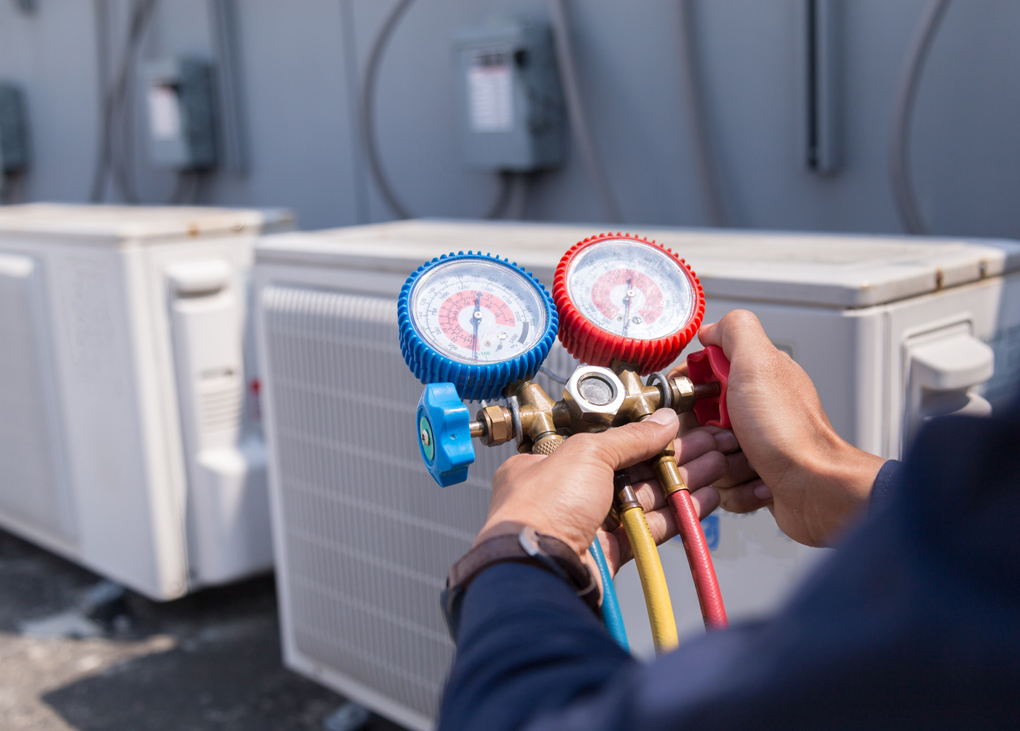The Australian Institute of Refrigeration, Air Conditioning and Heating (AIRAH), led by its Refrigeration Special Technical Group, has released a position statement on HVAC&R licensing in Australia, and is seeking input from industry stakeholders.
Although there are well-established and successful licensing regimes in place – most notably the national ARCtick licence scheme – AIRAH CEO Tony Gleeson, M.AIRAH, says there is room for improvement.
“There are undoubtedly opportunities to enhance licensing for HVAC&R technicians,” says Gleeson.
“We support a nationally harmonised approach to licensing that covers all refrigerants, based on minimum standards of competency and sector of operation. It should also include a separate contractor or business licence if required.
“And to be effective, the scheme needs to be supported by ongoing activities to ensure compliance, including education, monitoring and enforcement of regulations.”
Licensing has been a long-running concern for industry, and a number of attempts have been made over the years to address the issue. Gleeson says that this latest initiative builds on the lessons from those experiences.
“In order to make a compelling case for regulators and government, we need good, clear data,” he says. “So far we have found that is lacking. So a big part of this project is getting the key industry stakeholders involved and working together to build the case for change.”
AIRAH has released the full position statement on its website, with a survey for providing feedback. Input will be accepted until May 31.
Gleeson says that improved licensing will bring many benefits.
“In day-to-day terms, improved licensing will produce better outcomes for HVAC&R systems while also improving safety for technicians, homeowners and building occupants alike,” he says.
“In the longer term, it will help Australia reduce direct emissions from refrigerant gas leaks, and indirect emissions from energy use, thereby allowing us to meet our international commitments under the Paris Treaty.”
To read the position statement and leave feedback, click here.
 Mark Vender
Mark Vender


Leave a Reply